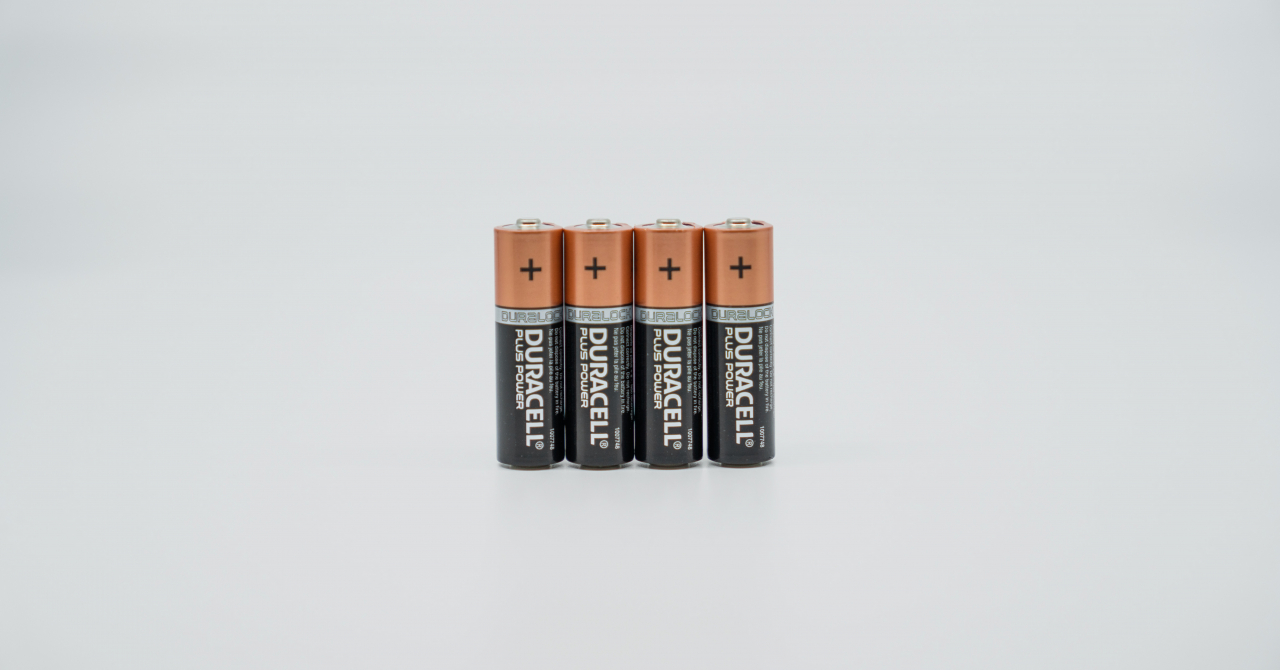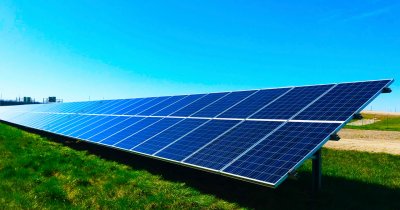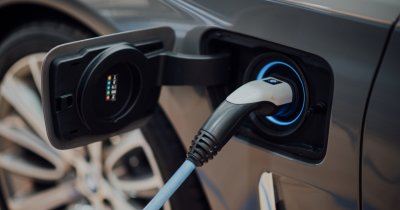According to CNBC, the transportation sector is one of the biggest greenhouse gas emissions contributors in the US, with one third of the total emissions per year.
This is why the electrification of the transportation system in the country is critical in order to reduce the effects of climate change.
The funding will support the development of new facilities, retooling or expanding existing ones for the production of batteries and battery components, as well as battery recycling facilities, according to the Department of Energy.
In a similar movement, the German government recently funded the development of a "battery passport" with 8.2 million euro. The initiative is supposed to bring relevant information on the battery composition, as well as allowing for easier battery recycling, which should cut the reliance of foreign suppliers for components.
If the system is developed correctly, it could then become mandatory on a whole EU scale, following regulations.
The action regarding domestic battery production in the US comes after president Joe Biden invoked the Defense Production Act in April, which encourages the production of minerals required for the production of batteries within the United States.
White House National Climate Advisor, Gina McCarthy, said that "these made-in-America batteries are going to help reduce emissions and create opportunities across the country."
The White House has also set a few more goals in order to greenify domestic transport, such as replacing the federal fleet of 600.000 cars and trucks with electric versions by 2035.
The White House also set the goal of 50% domestic EV sales by 2030 for US carmakers.
The US is the third largest market in the world for EVs, after China and Europe, but last year, electric cars made up only 4% of the total car sales in the country.
 Mihai - Cristian Ioniță
Mihai - Cristian Ioniță












Any thoughts?